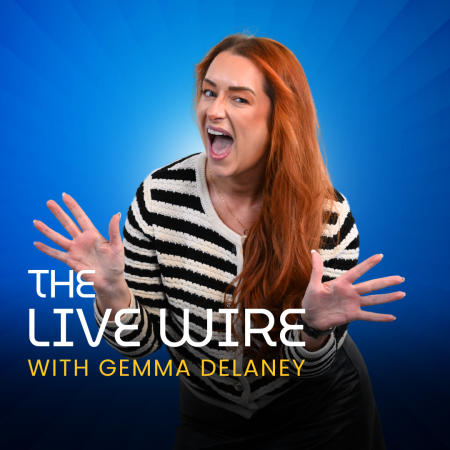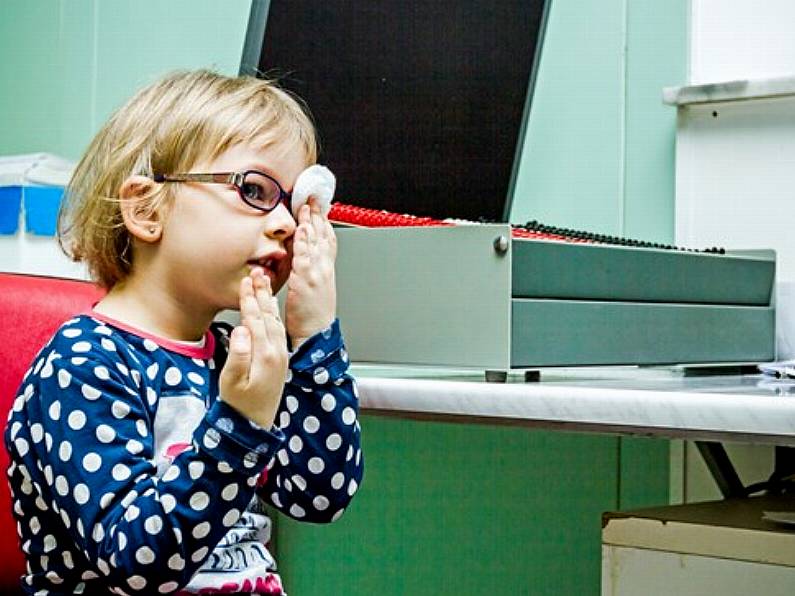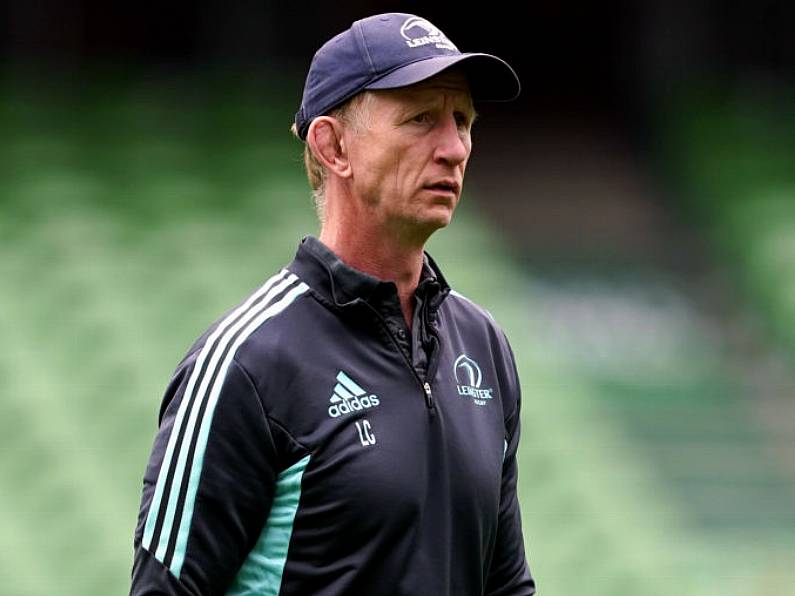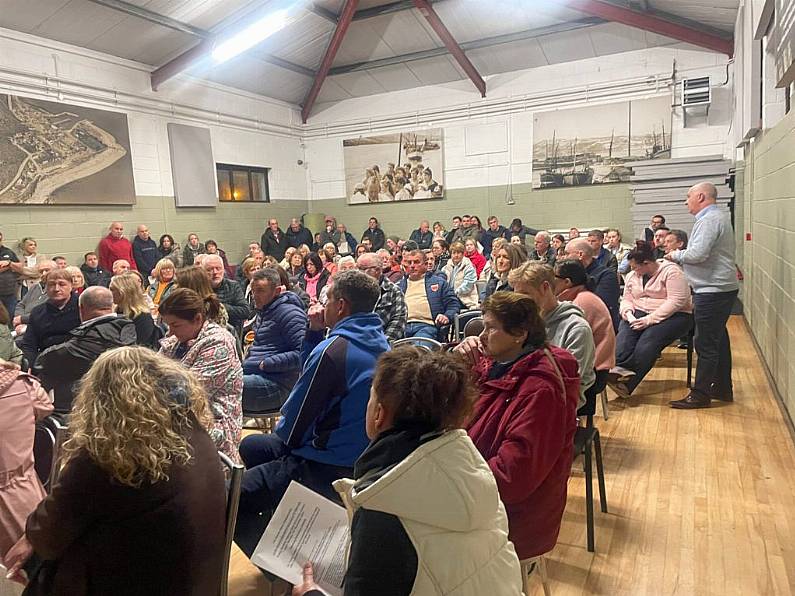Kjell Nölke, owner of Nolke Opticians in Waterford City, says a recent study showed that children in the republic are four times more likely to suffer from lazy eye
beyond the traditional treatment period compared to children in Northern Ireland.
He says vision screening among children entering school in the Republic is less comprehensive than in the North, free eye care in optician practices is not as accessible and there are long health board waiting lists.
The recently completed national study, published in BMJ Open journal, highlighting children's vision development in Ireland shows that children in the republic are four times more likely to suffer from lazy eye beyond the traditional treatment period compared to children in Northern Ireland.
Kjell Nölke explained that school vision screening by a community health visitor in Waterford takes place in junior infants. The study concludes that "While most children in the Republic with visible eye defects such as strabismus [turn in one eye] were treated, children without obvious visible eye defects were less likely to access eye care, resulting in missed opportunities for intervention where necessary," according to co-author Siofra Harrington of Technological University Dublin.
Amblyopia (lazy eye) is a relatively common, treatable vision deficit that affects up to 5 per cent of the population. Treatment needs to be completed before the age of eight as after this the eyes and brain become too mature to change. If not treated in time, it can lead to a lifelong visual impairment.
Nölke Opticians has had a number of instances of children reporting poor vision in an eye when doing sport or even just when putting on an eye patch for a fancy dress outfit when the child noted that the could not see when the patch was placed on their good eye.
Children often do not report vision loss as they have little understanding of normal / comparative levels of vision. They could miss school the day of the screening or even pass the screening test by compensating enough to cover up for an underlying condition.
Kjell Nölke says school vision screening is a one-time assessment with quite some scope for children to fall through the cracks. Parents should not rely solely on the school screening for their child's vision health.













